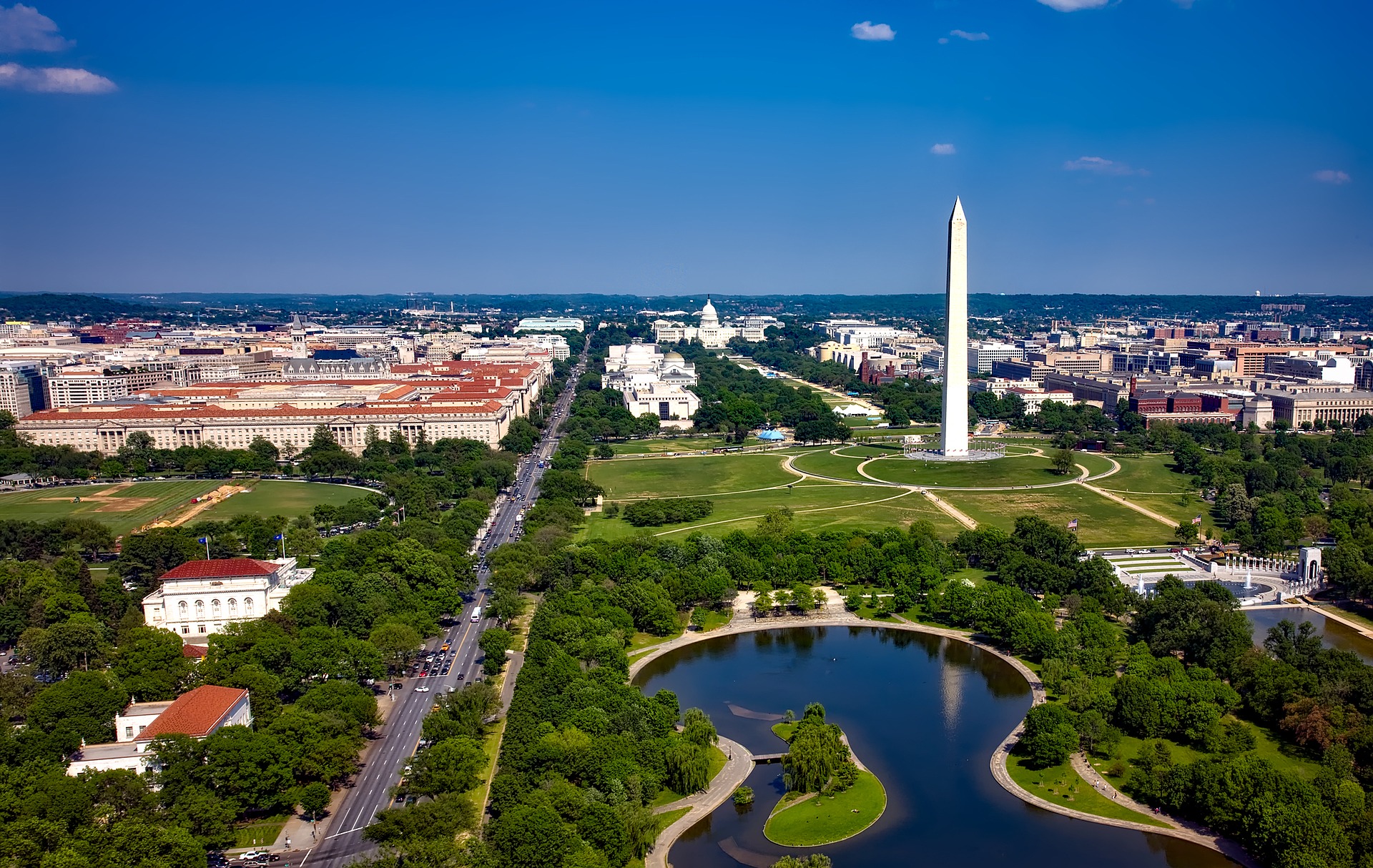



As conversations surrounding race unity and racial justice took root in society in recent years, the Baha’i community of Washington, DC, was already reflecting on the principles and approaches of its action in light of race, class, culture and gender, members say.
Then came the nationwide turmoil and heightened awareness that followed the killings of George Floyd, Breonna Taylor and others.
Sensing what this moment represents for the nation, the Local Spiritual Assembly, governing council for DC’s Baha’i community, acted to compile a report on what has been done and learned in efforts to address prejudice and racism, in hopes these lessons can be applied to the needs of this moment.
Released in July, the report made an effort to read the current reality, assess the community’s experience, and outline some actions the community has taken, primarily over the past 10 years. The team creating the report collaborated with the Assembly and with appointed advisers known as Auxiliary Board members.
Tod Ewing, an Assembly member, says over the years the body has regularly met with community members who are African Americans or of African descent to offer support, discuss concerns, and create spaces for collaboration on processes and planning. Visits to homes for prayer and conversation have been systematically organized to maintain a spirit of connection and build friendships, and have continued through the pandemic with safety measures.
“We are learning about things we can do better,” Ewing says. “We are moving from consciousness to action.”
The Washington, DC, Baha’i community has a rich history in working for justice. It was the site of the first Race Amity Conference in 1921, as directed by ‘Abdu’l-Baha, then head of the Baha’i Faith. It has been home to advocates for racial amity such as Louis G. Gregory, Pauline and Joseph Hannen, Coralie Cook and Pocahontas Pope.
As it reads its current reality, DC is among many Baha’i communities navigating these issues with the aid of guidance from global and national Baha’i institutions. One admonition from the Universal House of Justice, global governing council of the Bahá’í Faith, is to make “freedom from racial prejudice the watchword.”
The Assembly has developed the habit of asking itself two questions when it consults on any particular topic:
Giving these questions proper time and thought, the Assembly has noted, can help prevent unconscious biases from seeping into vital decisions.
One action cited in the report came soon after the killings of Mr. Floyd and Ms. Taylor. The Assembly prepared a statement “acknowledging the pain and heartbreak” connected with these deaths. That statement was read at the next two community Feast gatherings, and consultation followed on what members are “doing and learning about advancing freedom from racial prejudice. These Feasts generated insight, experiences, questions, and desires from the community at large,” the report states.
This raised awareness, says Assembly member Nura Sadeghpour, of an urgent need for community members to educate themselves on structural racism and explore internal biases, so they can more deeply understand the writings of the Faith and the framework for its growth and development.
Additionally, Sadeghpour says, the community is learning how to better articulate how and why community-building activities are “revolutionary, radical, and aimed towards justice.”
As one example of racial justice being placed at the center of such activities: when a three-week intensive virtual camp for young people in June and July was being planned, the document mentions, “The Auxiliary Board members urged those facilitating the camp to make integrating issues of race throughout the materials one of their learning objectives.”
Months earlier, in preparing for a public Holy Day celebration, the Assembly met with African-American Baha’is to hear their thoughts. Subsequently, the Assembly consulted carefully and decided to hold the event with “simplicity and dignity” at a historically Black high school, so that it would be welcoming and accessible to all. Then the vital reasons for this choice were shared with the community.
Ultimately, Ewing notes, a “critical mass” of African Americans in DC are urgently needed at the forefront of community building “in order to have an inclusive environment.”
Sadeghpour notes the Assembly and other agencies are collaborating to have “very direct conversations to learn how to facilitate capacity, initiative and support” in fostering devotional gatherings, children’s classes, junior youth groups, and study circles to stimulate the building of community — and to engage African Americans meaningfully in that process.
She emphasizes that the Assembly will have to be adaptable in how it applies those principles as the community diversifies, and as social action and public discourse flow from this activity. One crucial area, the report notes, is in how the community engages with local organizations.
PJ Andrews, an Auxiliary Board member serving the area, says steps taken recently have strengthened the community’s spiritual health and contributed significantly to its growing capacity to constructively address racial prejudice and other sensitive and challenging issues.
Developing wider inclusivity and collaboration will take time and concerted effort, Sadeghpour acknowledges. But even in difficult and painful moments, she says, the Assembly and the community aspire to “always return to reflecting on action in order to advance understanding in an area that really benefits from grassroots examples and experiences being communicated and shared with each other.”
An ever-evolving framework for action, she states, “begins with our love for and belief in this Faith, and in turn for all of our human family. That love motivates us to actively grow from where we’ve been, to build on those who have come before us, so that our actions become less reactions and might deepen and take root.”
Click or tap here for the complete report.


![]()
![]()
Whether you are exploring the Bahá'í Faith or looking to become an active member, there are various ways you can connect with our community.
Please ensure that all the Required Fields* are completed before submitting.